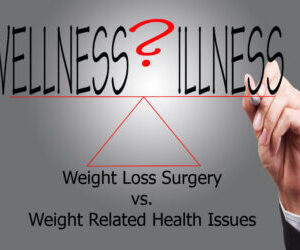People who eat to satisfy an emotional need are often compared to those who have other types of addictions. In some ways, an addiction to food can be harmful, much like a drug addiction.
When people eat for comfort, they often choose foods that are high in sugars and satisfy a specific taste. If allowed to continue, the depressed feelings that cause them to over eat and can lead to diabetes, chronic digestive problems along with obesity.

With emotional eating, it isn’t so much the food that is addicting. Instead it is the behaviors that cause a person to crave the way a certain food makes them feel. Individuals, who deal with emotional eating, often find themselves trapped in a vicious cycle of depression, overeating and weight gain.
Breaking the cycle isn’t easy, but it can be accomplished if you realize you have a problem and are willing to face the ugly truth about how your eating is affecting your body.
There are several things you can do to curb your emotional craving for foods once you understand the connection between your feelings and your desire to eat when you are upset. They include:
- Know your triggers
- Address the addiction
- Keep a food journal
- Swap eating for exercise
- Learn to breathe
- Listen to music
- Create a support system
Once you can pinpoint what causes you to eat more, you can address the fact that your addictive behaviors are affecting your lifestyle and your health. Write down what you eat and when. If you are upset or need an emotional boost get up and move around. Exercise can and will help you break your food addiction.
Learn to breathe. Deep cleansing breaths are beneficial in bringing in more oxygen and eliminating toxins. Listen to music that makes you want to get up and move. As you begin your journey to better eating, create a support system that includes individuals who are familiar with your situation. They can help you deal with your problems without bringing food into the mix.





